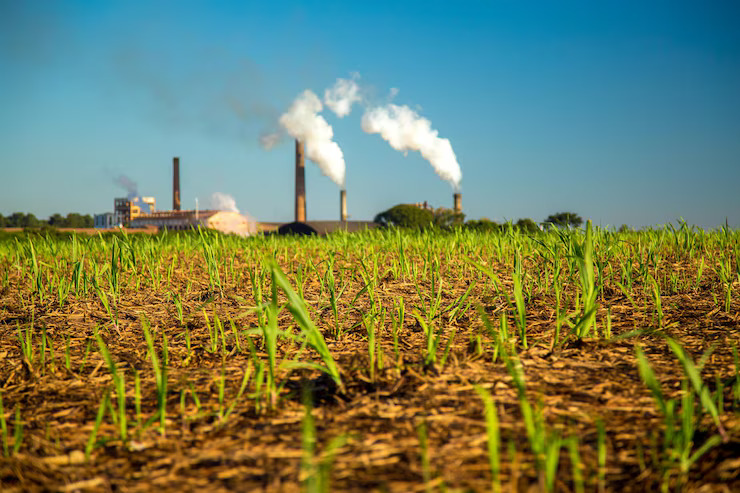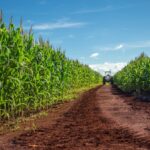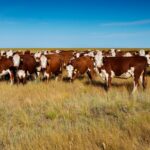As the world intensifies its efforts to fight climate change, a new opportunity is emerging for South African farmers—carbon farming. This approach not only helps to restore ecosystems and improve soil health, but it also opens the door to a new stream of income: carbon credits. For farmers dealing with rising input costs, unpredictable weather, and tighter environmental regulations, carbon farming is more than just a buzzword—it’s becoming a viable business model.
At its core, carbon farming involves implementing agricultural practices that remove carbon dioxide from the atmosphere and store it in the soil or vegetation. These practices can include things like planting cover crops, using no-till methods, rotating crops, incorporating organic matter into the soil, managing livestock grazing more efficiently, or planting trees and restoring grasslands. The more carbon a farm can sequester, the greater its potential to generate tradable carbon credits.
Carbon credits are essentially certificates representing one tonne of carbon dioxide that has been removed from the atmosphere or prevented from being emitted. These credits can be sold to companies and organisations looking to offset their own emissions, either to comply with environmental regulations or to meet voluntary sustainability goals. This creates a market-based incentive for farmers to adopt climate-smart practices—essentially, they get paid for storing carbon in the soil and reducing emissions.
In South Africa, the concept of carbon farming is gaining traction as more local and international carbon markets become accessible to landowners and agricultural producers. Large corporates, especially those in the energy and mining sectors, are looking for credible ways to offset their emissions—and carbon credits from verified farming projects are in high demand.
However, participating in a carbon credit programme is not as simple as switching farming methods. Farmers must measure, verify, and document their carbon sequestration practices through rigorous processes. This often involves working with a carbon project developer or consultant who can guide the farmer through registration, baseline assessments, data collection, and independent verification. Once the carbon credits are issued by a recognised body, they can then be sold on either a voluntary or compliance market.
The good news is that support for carbon farming in South Africa is growing. Several pilot projects and cooperatives are already active in provinces like the Eastern Cape, Limpopo, and Mpumalanga, helping smallholder and commercial farmers understand how to participate in carbon markets. Government and private initiatives are also offering training and technical support, making the transition more accessible.
Beyond the financial benefits, carbon farming also brings long-term improvements to farm health. By increasing organic matter in the soil, these practices enhance fertility, improve water retention, reduce erosion, and boost resilience to drought—all of which are critical for sustainable farming in a changing climate.
Still, there are challenges. The carbon market is complex, and prices can vary. Verifying credits can be expensive, and farmers need to be patient, as revenue from carbon farming often takes time to materialise. There’s also a learning curve when it comes to monitoring, recordkeeping, and working within the standards set by carbon credit registries.
Yet for those willing to invest the effort, the rewards are tangible. Carbon farming represents a future where environmental responsibility and financial sustainability go hand in hand. As South Africa looks for solutions to both climate change and rural economic development, farmers who embrace carbon farming could find themselves not just stewards of the land—but also key players in the global shift toward a low-carbon economy.
Join 'Farmers Mag' WhatsApp Channel
Get the latest Farming news and tips delivered straight to your WhatsApp
CLICK HERE TO JOIN






